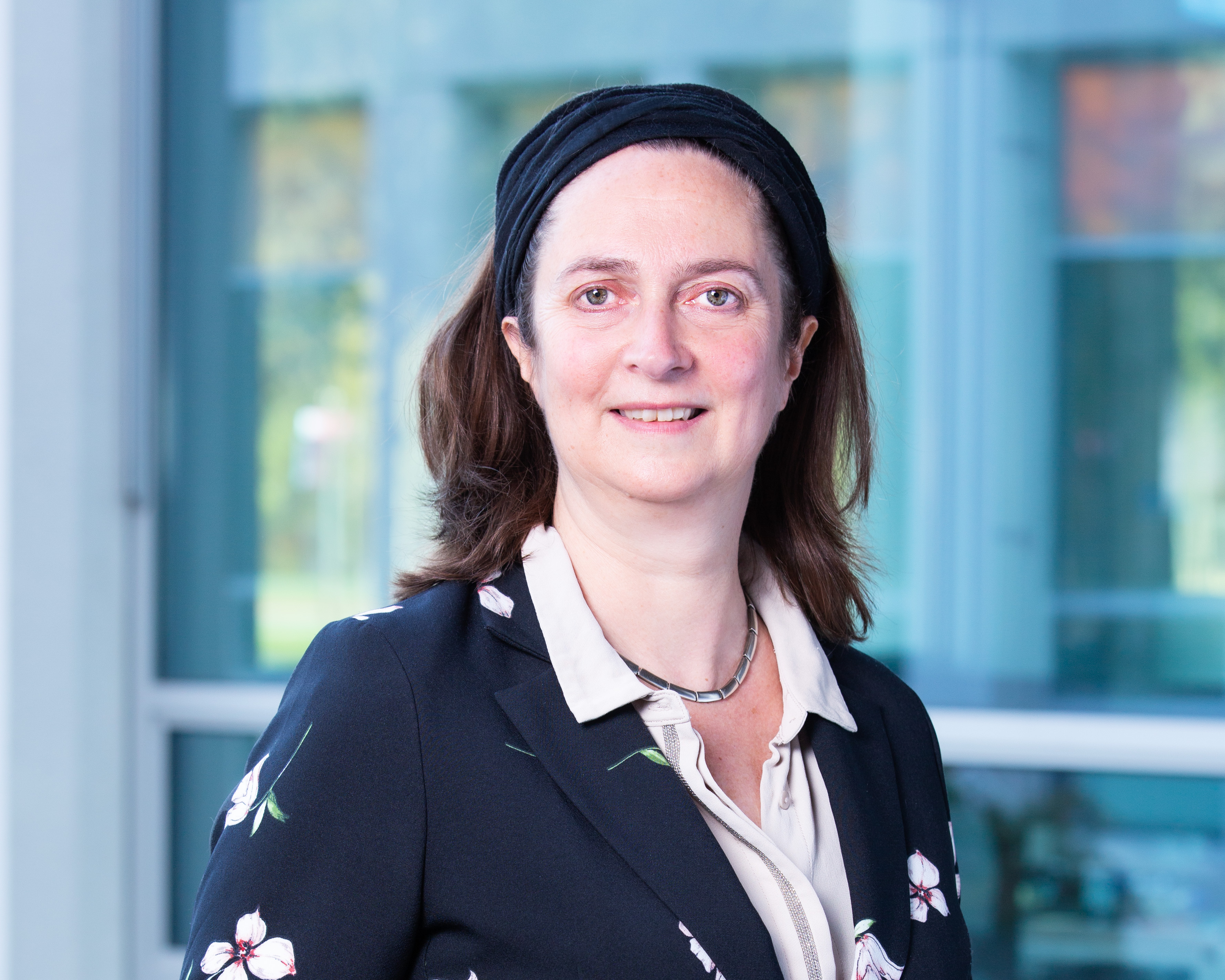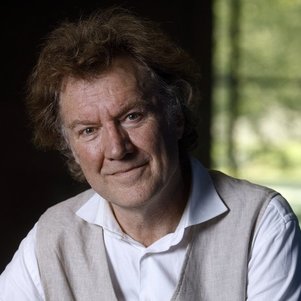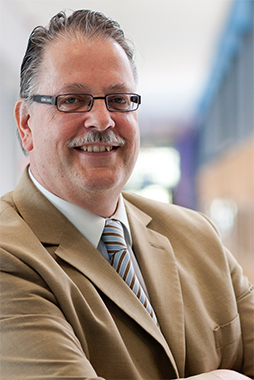Four Royal Honours at TU Delft
Marileen Dogterom, Professor of Bionanosciences at the Faculty of Applied Sciences (AS) and president of the Royal Netherlands Academy of Arts and Sciences (KNAW), was made a Knight of the Order of the Dutch Lion in the municipality of Woerden.
Marileen Dogterom is an internationally acclaimed researcher in biomolecular and cellular physics. She leads the Dutch Consortium BaSyC (Building a Synthetic Cell) and is one of the initiators of the European Synthetic Cell Initiative, where researchers are trying to understand the processes of life by building an artificial cell.
Her research focuses on the cytoskeleton: the system of microtubules that gives living cells their shape and strength, but which also plays an important role during cell division. In pioneering experiments late last century, Dogterom was the first to measure the push and pull forces exerted by these microtubules. She is one of the pioneers who made Dutch research in biophysics, bionanoscience and synthetic biology renowned worldwide.
The exceptional quality of her research is highlighted, among other things, by the award in 2013 of an ERC Synergy Grant, one of the largest European research grants, and the Spinoza Prize, the highest award in Dutch science, in 2018. Since 1 June 2022, she has been president of the Royal Netherlands Academy of Arts and Sciences (KNAW). Besides being an excellent scientist, Marileen Dogterom is also an inspiring leader. From January 2014 to January 2021, she was head of the department of Bionanoscience at TU Delft, which grew from a small, young department to a mature, leading department for students and scientists during that period. She is an inspiring and committed research leader and has an extensive track record in attracting and mentoring talented young scientists.
Herman Russchenberg, Professor of Geoscience and Remote Sensing at the Faculty of Civil Engineering and Geosciences (CEG) and TU Delft Pro Vice Rector for Climate Action, was made an Officer in the Order of Orange-Nassau in Leiden.
Herman Russchenberg's research focuses on the observation of clouds, precipitation, turbulence and aerosols in the atmosphere, using remote sensing equipment such as radar and LIDAR. Early on, Russchenberg recognised the importance of atmospheric observations for climate research. He was thus the driving force behind the CESAR observatory in Cabauw, a collaboration of Dutch universities and institutes that, under his leadership, grew into one of the most complete and advanced atmospheric monitoring stations in the world.
He was also the initiator of the Ruisdael Observatory, a national measurement infrastructure project aiming to measure and model the atmosphere over the Netherlands with an accuracy of 100 metres. He was also closely involved in the creation of ACTRIS, the European measurement network for trace gases, aerosols and clouds.
Russchenberg has been instrumental in putting ‘climate’ on the agenda within TU Delft. In 2020, he took the initiative to bring together all scientists working on this topic in the university-wide Climate Action Programme. The programme includes research and education on climate and climate solutions, but is also involved with the sustainability of TU Delft's own campus. Russchenberg is a gifted speaker who does not shy away from public debate. He is a scientist who not only seeks out and pushes the boundaries of our knowledge, but also actively communicates these insights and their relevance to society.
Jilt Sietsma, Professor of Materials Science and Engineering at the Faculty of Mechanical, Maritime and Materials Engineering (3mE) was made a Knight in the Order of the Dutch Lion in Rijswijk.
In his research, Sietsma focuses on understanding the structure and properties of metals. He uses experimental and theoretical approaches to investigate the evolution of the microstructure of metals as a function of time, temperature and deformation. In doing so, he manages to seamlessly connect curiosity-driven research with societal and industrial needs. This not only results in many new insights and scientific publications in the field of materials science, but leads to important innovations of industrial production processes. Sietsma is a connector, who knows how to build bridges between education, research, industry, science and society.
A teacher at heart, he involves his students in his research questions and allows them to join him in making a substantial contribution to materials science. His teaching qualities are highly appreciated by students, who praise him for his accessibility, enthusiasm and personal commitment.
The current generation of materials scientists faces the challenge of accelerating the greening and sustainability of materials. Many of them have been trained and equipped to do so by Sietsma. His strong social commitment is reflected not only in his research and teaching, but also in his other activities. For instance, he was a devoted board member to the Oranjehotel Foundation in The Hague for twenty years. During that period, the former cell complex became the National Monument Oranjehotel and was opened to the public.
Peter Vink, Professor of Environmental Ergonomics at the Faculty of Industrial Design (IO) was made an Officer in the Order of Orange-Nassau in the municipality of Rijnsburg.
Peter Vink focuses his research on developing new products and environments with a proven effect on comfort, performance and health. He has been doing this successfully for decades. He has written hundreds of scientific articles on the subject, as well as a number of books, such as 2016's “Vehicle seat comfort and design”. Vink is on the editorial board of several scientific journals, including “Applied Ergonomics and Work”. His current involvement includes designing and testing car interiors in projects with BMW and testing aircraft seats. He has also coordinated the Horizon2020 project ComfDemo and led the interior design of the Flying V project.
Vink has been a professor at TU Delft since 2013. After studying Human Movement Sciences at the Vrije Universiteit, he obtained a PhD in biomechanics from the Medical Faculty in Leiden. From 1991, he worked at TNO as head of the Interior Design department.
He is a much-loved lecturer, having guided more than 20 PhD students and more than 50 Master's students to the finish line. To the general public, he is known as an expert in design related to seating comfort in TV programmes. In 2011, he received the prestigious “Hal W. Hendrick Distinguished International Colleague Award” in the field of ergonomics.



